Dental Implants can help
you keep your smile
What are Dental Implants?
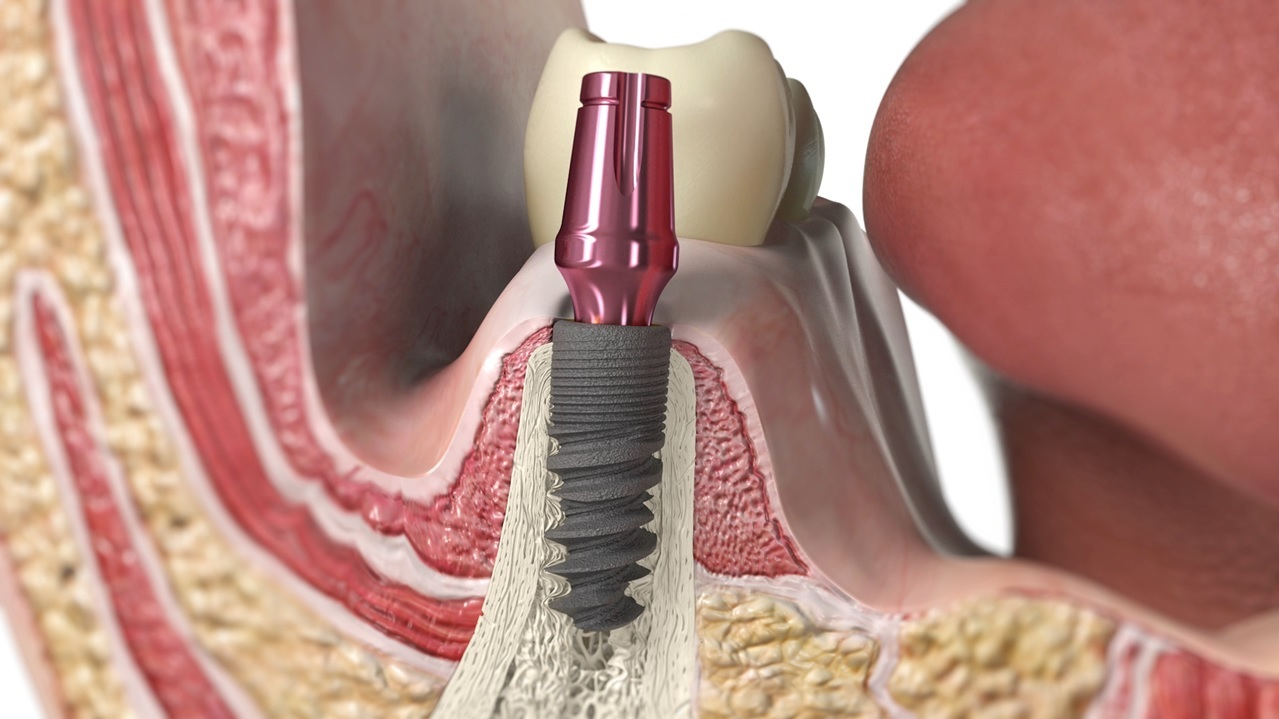
What is a dental Implant
A dental implant is a substitute for missing teeth. A titanium screw is placed in your jaw to hold a replacement crown, tooth or set of teeth. The treatment is ideal for people who have damaged or missing teeth due to periodontal disease, an injury or some other reason and seeking a replacement.
Are Dental Implants safe?
Yes, dental implants are typically safe and can last for many years. Implants are made of titanium and are compatible with body tissue. Once placed the implant fuses with the bone and becomes stable. During the healing process the screw will join with the bone. This will create a strong foundation to support a dental crown, bridge or fixed teeth.

After completion of your treatment you should NOT be able to see or feel the difference from your natural teeth.
Dental Implants provide support to your jaw bone and gums. Without the support provided by implants, it can lead to instability of other teeth.
With continued bone loss the appearance of the underlying soft facial tissue is likely to be damaged, this can appear to speed up the aging
*(The hollow look which we associate with older people with no teeth).

As implants are made from a tough titanium and strongly anchored in the jaw, they allow you to bite with a similar force you could use with your natural teeth.
Your teeth support your face structure. When teeth are lost, you lose that support, eventually is likely to lead to cause your face to change shape. Dental Implants provide similar support for your face as your natural teeth.
Missing teeth can also alter your speech. As dental implants have a similar feel and function to natural teeth, they enable you to speak easily and naturally.
Why chose ROOTT Dental Implants?
ROOTT offers a premium product distinguished by its quality, functionality, and aesthetic appeal. The brand successfully balances exceptional quality standards with strong visual design principles, setting it apart in the market.
ROOTT offers the following:
- Lifetime guarantee on our implants – assurance that your implant will not let you down
2. Patient passport – a record of the implant and location in your mouth.
3. Global network of ROOTT Practitioners – Providing comfort that you can always find a ROOTT practitioner globally.
4. Dental Implants designed by Practitioners – the simpler the solution for your Practitioner the better the outcome for you.
5. Shorter healing times – Potential to offer shorter healing times depending upon bone conditions. Range of implants that facilitate immediate loading.
When considering Dental Implants, ask your Practitioner the following three questions:
1. What implant system are you using (there are hundreds of systems) and does the manufacturer offer a guarantee on the implant.
Is the Practitioner using any compatible components (ask yourself are compatibles the same as original manufacturer components) Why? Where compatible components may not be engineered to similar standards and stress levels could lead to premature failure / fracture.
2. Do you (patient) receive a record of the implant and location. Without this record another dental practitioner would not know what implant you have in your mouth and would not be able to remove it should it be necessary.
3. Approximately how long is the healing period for each stage of treatment. Ideally you do not want to spend in excess of 3 months for healing.
ROOTT is brand you can trust
ROOTT products are produced with raw materials sourced from the leading manufacturer of medical alloys: Zapp AG (Germany), a trusted global supplier for of the medical industry. Our suppliers are accredited by the German national accreditation body DAkkS and certified according to ISO 9001, ISO 13485, and ISO 11137, and ISO 11607-1. ROOTT products are certified in compliance with the provisions of the European Medical Device Directive 93/42/EEC Annex II and Annex V.
WE RECOMMEND NOT TO COMPROMISE ON QUALITY
Implant supported dentures
Advantages over traditional dentures
Dentures can never really be aligned perfectly in a patient because ongoing bone loss underneath causes them to shift repeatedly over time.
TIP: An implant supported denture stabilizes the jaw and bone. No more movement.
Partial dentures are also known to weaken the adjacent teeth they are attached to.
TIP: An implant supported denture does not negatively affect the adjacent healthy teeth.
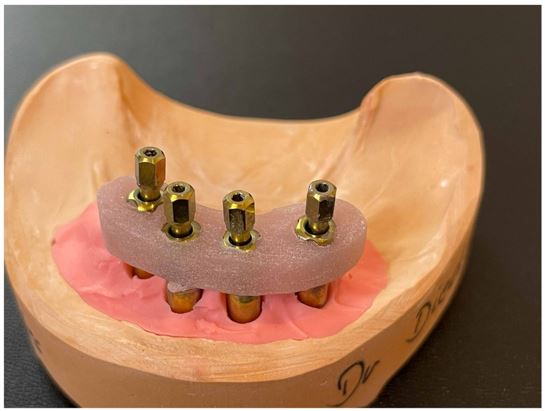
A traditional denture gives your patient only around 10% of the chewing strength that they would have with normal teeth
TIP: An implant supported denture can return chewing power to greater than 85% +.
With a traditional dentures, patients cannot easily bite into hard foods like apples or chew items such as raw nuts, seeds, and salads.
TIP: With an implant supported denture you can restore eating healthy natural foods.
Traditional dentures rest on gums, transferring chewing pressure directly to them, which can lead to inflammation and pain over time.
TIP: An implant supported denture will avoid inflammation enabling the patient to enjoy meals and socialize without feeling uncomfortable.
Long-term denture can cause bone loss in the lower face, making a person appear up to 10 years older than their actual age.
TIP: Avoid premature aging with an implant supported denture.
Implant supported BRIDGES
Advantages over traditional BRIDGES
A traditional bridge puts excessive pressure on the 2 supporting teeth so that the underlying nerves of them can break or fracture under this load.
TIP: with an implant supported bridge the nerves of the healthy teeth next to it remain completely untouched & healthy. Partial dentures are also known to weaken the teeth next to them to which they are attached on.
A traditional bridges last on average around 10 years at best and will then need to be replaced. So that during a life-time a patient may have to replace 3 times.
TIP: an implant supported bridge is a permanent solution for a life-time that many people never need to replace.
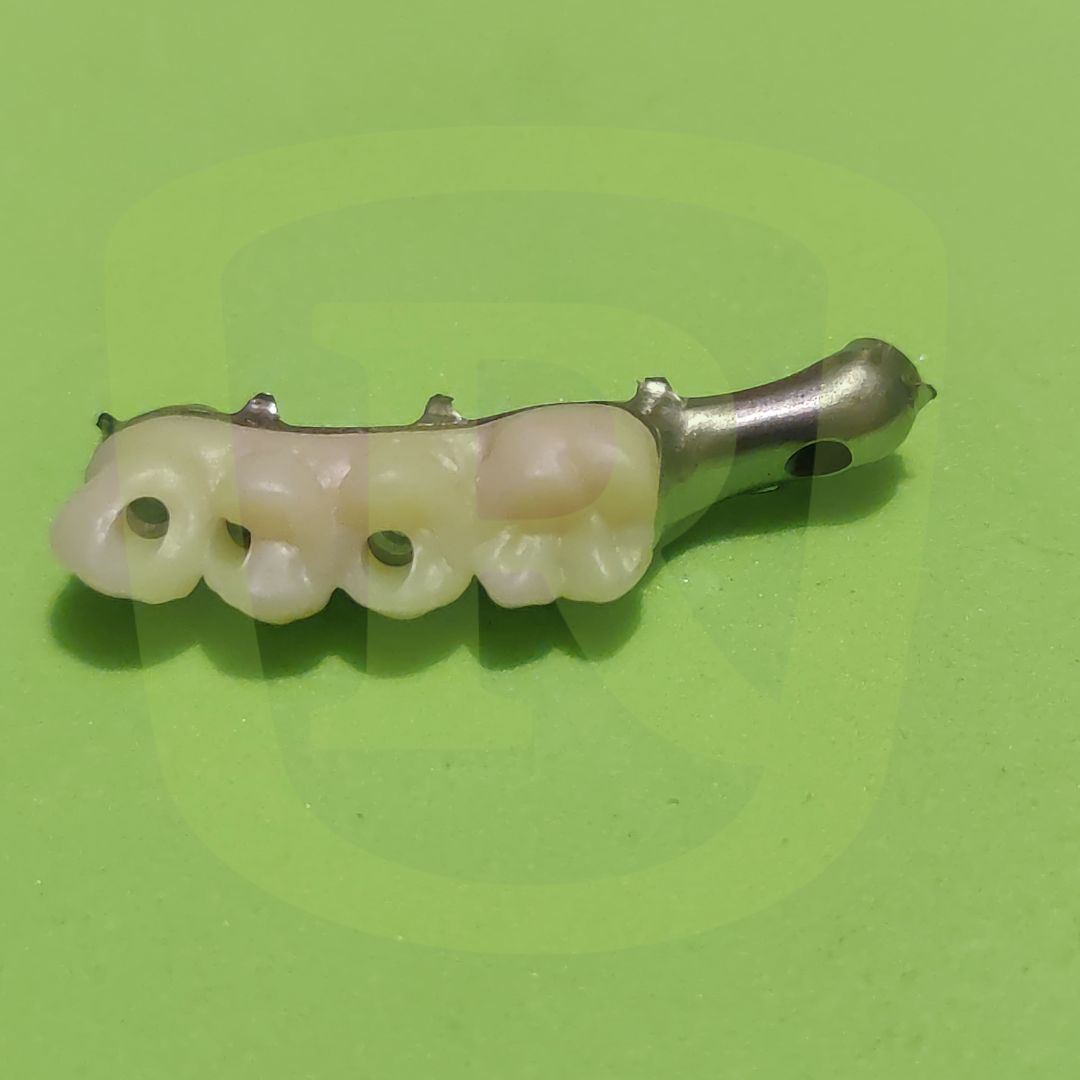
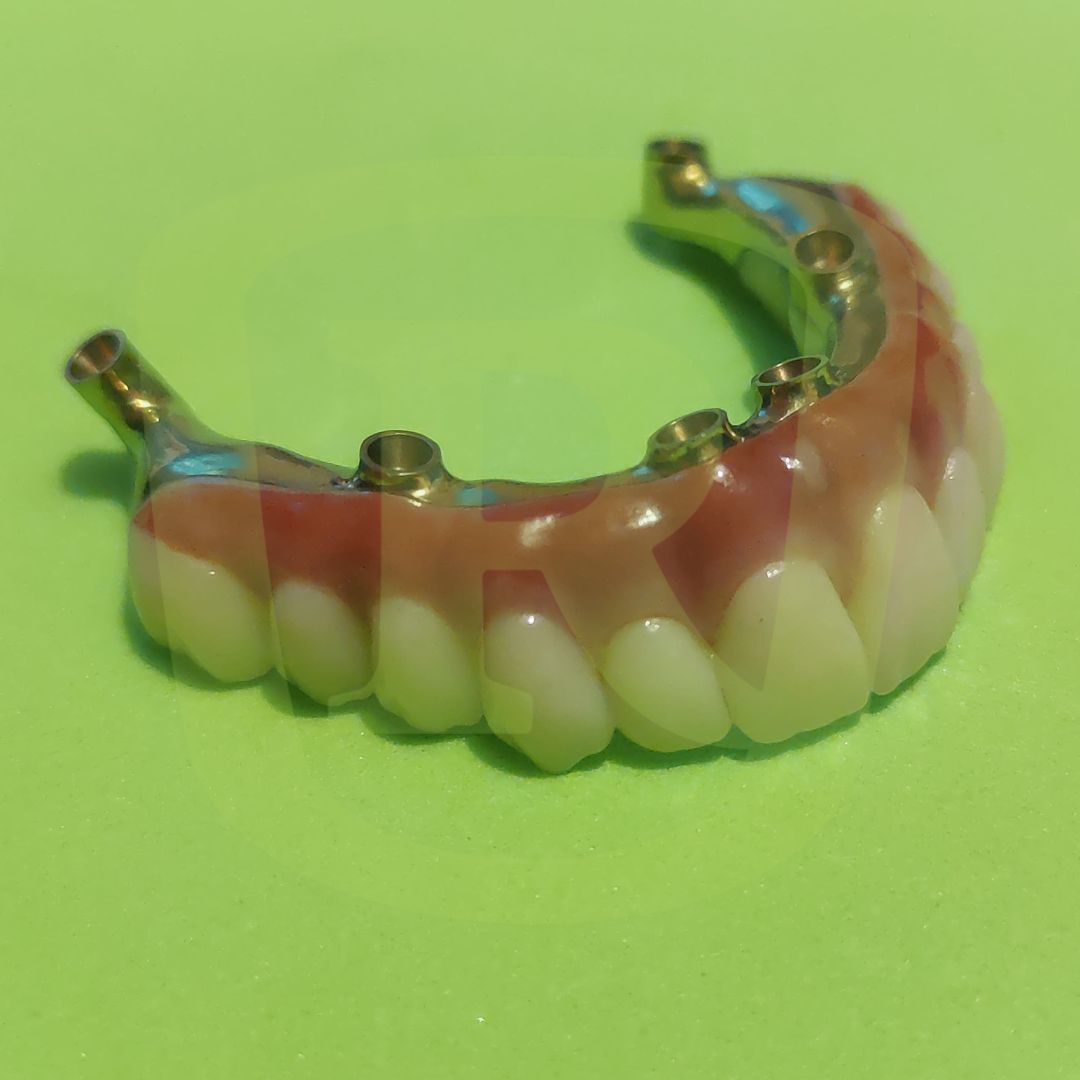
Traditional bridges also do not stimulate the bone and which leads thus once again to a slow, but steady bone loss for as long as that patient is wearing just only a traditional bridge.
TIP: with an implant supported bridge that bone loss is stopped & even reversed
TIP: An implant supported bridge is truly minimum invasive here because it does not need to alter any good & healthy teeth next to it!
People who wear traditional bridges often complain that their bridge looks and feels “too bulky” because it is so by its design limited by needing to reside on top of 2 or more other teeth.
TIP because an implant supported bridge does not stay on top of any other teeth it can be sized to fit just perfectly.
What are the key drivers to help a successful implant placement. BONE QUANTITY and BONE QUALITY.
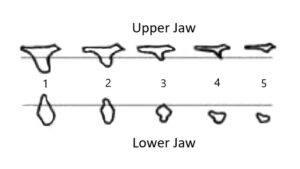
Bone shape or bone quantity relates to the degree of bone loss or bone resorption present. The more bone that is present at an implant site, the better the possibility for implant success (shapes 1 and 2) When excessive bone loss occurs, (shapes 4 and 5), bone grafting may be necessary for successful placement of Dental implants will preserve the bone volume over time by positively stimulating the bone.
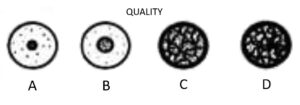
Bone Quality relates to the degree of bone density present. Type 1 is dense bone, which provides great cortical anchorage, but limited vascularity. Type 2 bone is the best bone for osseointegration of dental implants. It provides good cortical anchorage for primary stability, yet has better vascularity than Type 1 bone. Types 3 and 4 are soft bone textures with the least success in type 4 bone.
Bone quality can improve around a functional osseointegrated dental implant, due to the positive bone stimulation.Good cortical anchorage is necessary for immediate functional loading of dental implants. It is agreed that this treatment should be limited to areas of good bone quality.
